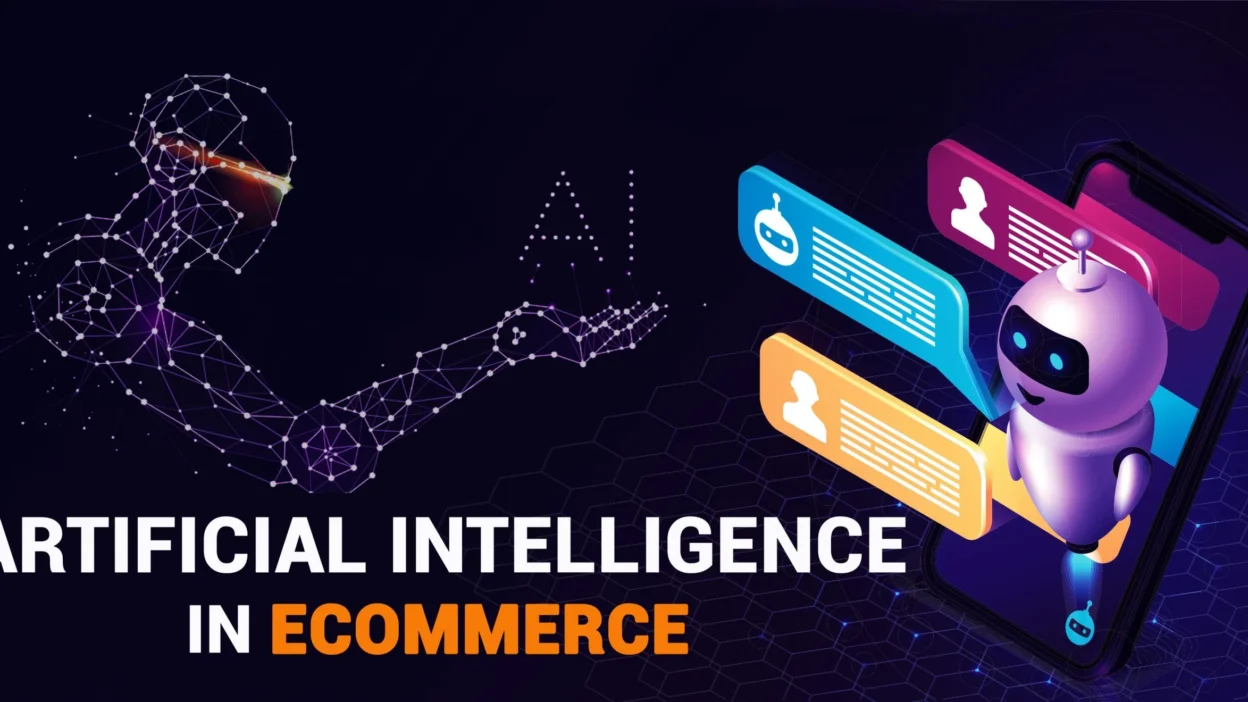Discover how AI chatbots, powered by Visa, OpenAI, and others, are transforming online shopping into a seamless, conversational experience. Learn about the future of conversational commerce and what it means for businesses and consumers alike.
The Dawn of a New Shopping Era
Online shoppers will soon experience a radical transformation: making purchases directly through chatbots. This advancement, driven by Visa, OpenAI, and other tech giants, signals the most significant shift in commerce since the rise of Amazon and the introduction of the iPhone.
“We think the shift could rival the level of impact that e-commerce and mobile commerce themselves have had,”stated Jack Forestell, Visa’s Chief Product and Strategy Officer.
Why This Matters: Shopping as an Economic Catalyst
From the dot-com boom to the mobile and social commerce waves, shopping has consistently driven internet revolutions. Now, conversational commerce is poised to become the next growth engine.
Visa’s Strategic Leap into Conversational Commerce
Visa recently announced an ambitious plan to integrate its payment network into AI systems, including chatbots and AI agents. Partners in this initiative include OpenAI, Anthropic, Microsoft, Mistral, and Perplexity. Currently in early testing, Visa’s vision is to enable shoppers to input their payment details once and make purchases using natural, conversational interactions.
Visa’s approach utilizes its trusted tokenization technology to secure transactions. This is combined with advanced mechanisms for authentication, payment intent, and instruction communication.
Mastercard and PayPal Join the Movement
Mastercard has introduced “Agent Pay,” collaborating with Microsoft and IBM to personalize AI-powered shopping experiences. These AI agents will not only recommend products but also handle secure payments using tokenized credentials.
Meanwhile, PayPal is equipping developers with tools to build AI-driven shopping applications. Its Agent Toolkit supports payment processing, shipment tracking, and invoicing, broadening the possibilities for businesses.
ChatGPT’s Shopping Integration
OpenAI has enhanced ChatGPT’s capabilities by incorporating shopping features. Users can now receive product recommendations, reviews, and direct purchase links for categories like fashion, beauty, home goods, and electronics. Notably, OpenAI has chosen not to monetize these links through affiliate programs, maintaining an unbiased approach.
“We want customers to have confidence ChatGPT is always giving them the best answer, not an answer skewed by our business model,” said Sarah Friar, OpenAI CFO.
Overcoming the Trust Barrier
While the technology is ready, the primary hurdle is trust. As Jack Forestell highlighted, giving AI agents control over payments without addressing security and authorization concerns could lead to significant issues. Visa and its partners are actively working to resolve these challenges.
The Road Ahead: When Will Conversational Commerce Go Mainstream?
Forestell remains cautiously optimistic. Despite e-commerce accounting for less than half of global sales even after 25 years, the rapid adoption of generative AI tools like ChatGPT suggests that conversational commerce could gain traction within the next year.
Retailers are advised to rethink their e-commerce strategies now. “If your product data isn’t pristine — if attributes are missing or inconsistent — you risk being misrepresented or filtered out entirely by the AI engine,” warned Martin Balaam, CEO of Pimberly.
Future Prospects: A New Frontier for Retail and Advertising
As conversational commerce grows, it will not only transform shopping but also advertising and affiliate marketing. History shows that where commerce leads, advertising follows. Google and Facebook, once free of ads, eventually revolutionized both industries.
AI-powered shopping agents promise more personalized and efficient shopping experiences. As businesses adapt, those with clean, comprehensive product data and an agile strategy will thrive.
Frequently Asked Questions (FAQ)
What is conversational commerce? Conversational commerce refers to shopping interactions facilitated by chatbots and AI agents, allowing users to browse, compare, and purchase products using natural language conversations.
How do AI shopping agents work? These agents engage in conversational interfaces, understand user preferences, recommend products, and process payments securely using integrated payment networks.
Are AI-driven transactions secure? Yes, companies like Visa and Mastercard employ advanced security measures, including tokenization, to protect user credentials and transaction data.
Will conversational commerce replace traditional e-commerce? While it will introduce new shopping methods, conversational commerce is expected to complement, not replace, existing e-commerce platforms.
How can businesses prepare for conversational commerce? Businesses should ensure their product data is accurate, comprehensive, and up-to-date. Collaborating with AI platforms to integrate product feeds will also enhance visibility.


